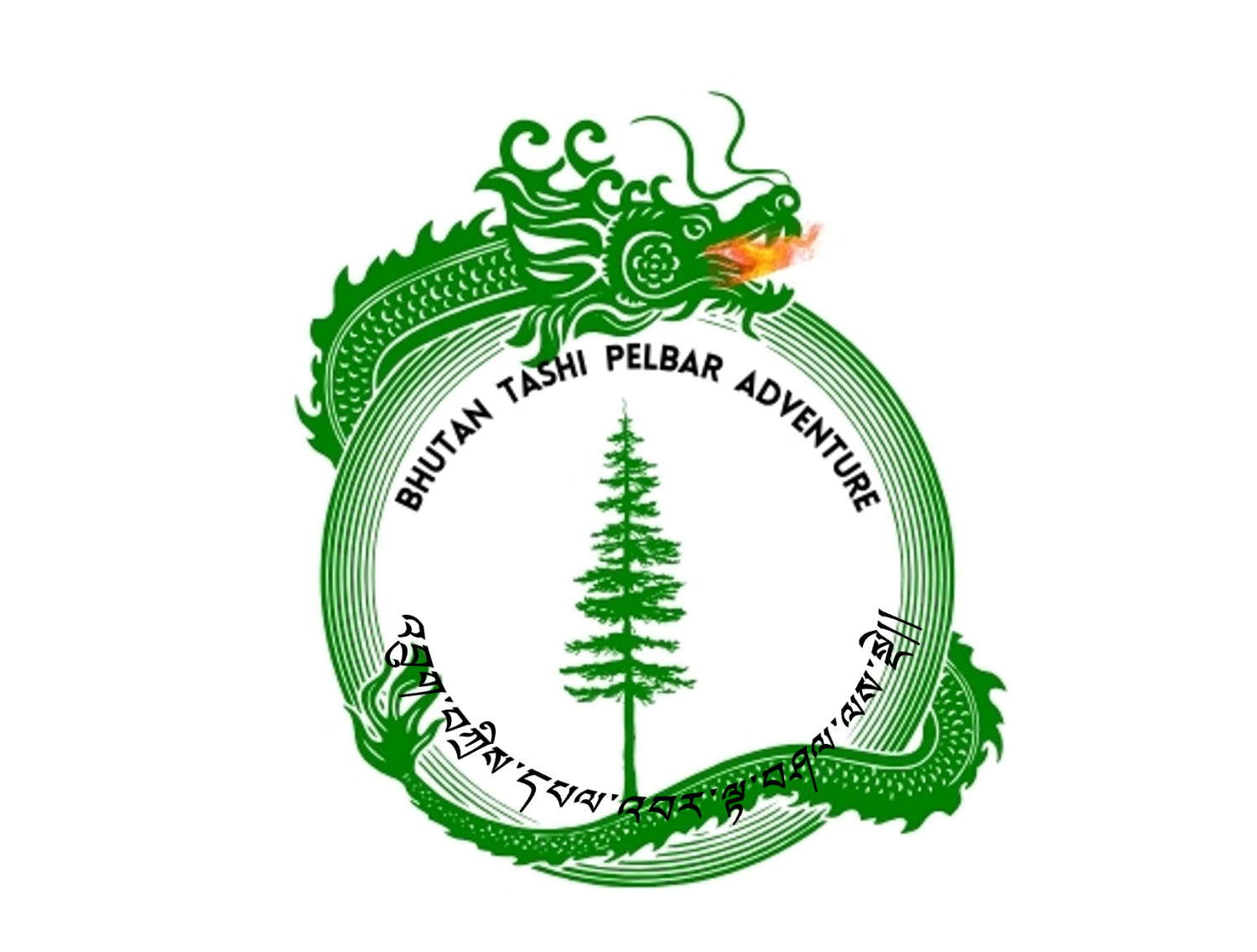Language: A Living Tapestry of Identity and Faith
Bhutan’s unique identity is deeply rooted in its language and spiritual traditions. Together, they form the cultural heart of the nation, shaping the way Bhutanese people communicate, celebrate, and connect with the world around them.
Just as Gross National Happiness guides the nation’s path, Bhutan’s languages and religious practices express the values of harmony, respect, and community.
🗣️ Dzongkha: The National Language
Preserving Unity While Honoring Diversity
-
Dzongkha, Bhutan’s official language, is used in schools, government, and media.
-
It is closely related to classical Tibetan and reflects Bhutan’s Buddhist heritage.
-
Over 19 languages and dialects are spoken across the country, including:
-
Tshangla (Sharchopkha) – spoken in eastern Bhutan
-
Lhotshamkha (Nepali) – common in the south
-
-
This linguistic diversity symbolizes Bhutan’s respect for cultural identity and inclusion.
Religion: The Spiritual Foundation of Bhutanese Life
Buddhism and Harmony at the Core
-
🇧🇹 Vajrayana Buddhism is practiced by about 75% of the population
-
Rooted in the Drukpa Kagyu school, it emphasizes compassion, mindfulness, and balance
-
Sacred sites like Tiger’s Nest Monastery and vibrant Tsechu festivals celebrate Bhutan’s spiritual traditions
-
🕉️ Hinduism is practiced by around 22% of the population, especially in southern regions
-
✝️ Small communities of Christians and Muslims also practice freely, reflecting Bhutan’s peaceful religious coexistence
💬 At Bhutan Tashi Pelbar Adventure
We believe understanding Bhutan’s language and faith deepens your travel experience.
As you journey through sacred valleys and vibrant towns, you’ll witness a culture that speaks in words, symbols, and spirit—woven together in a way that is uniquely Bhutanese.
